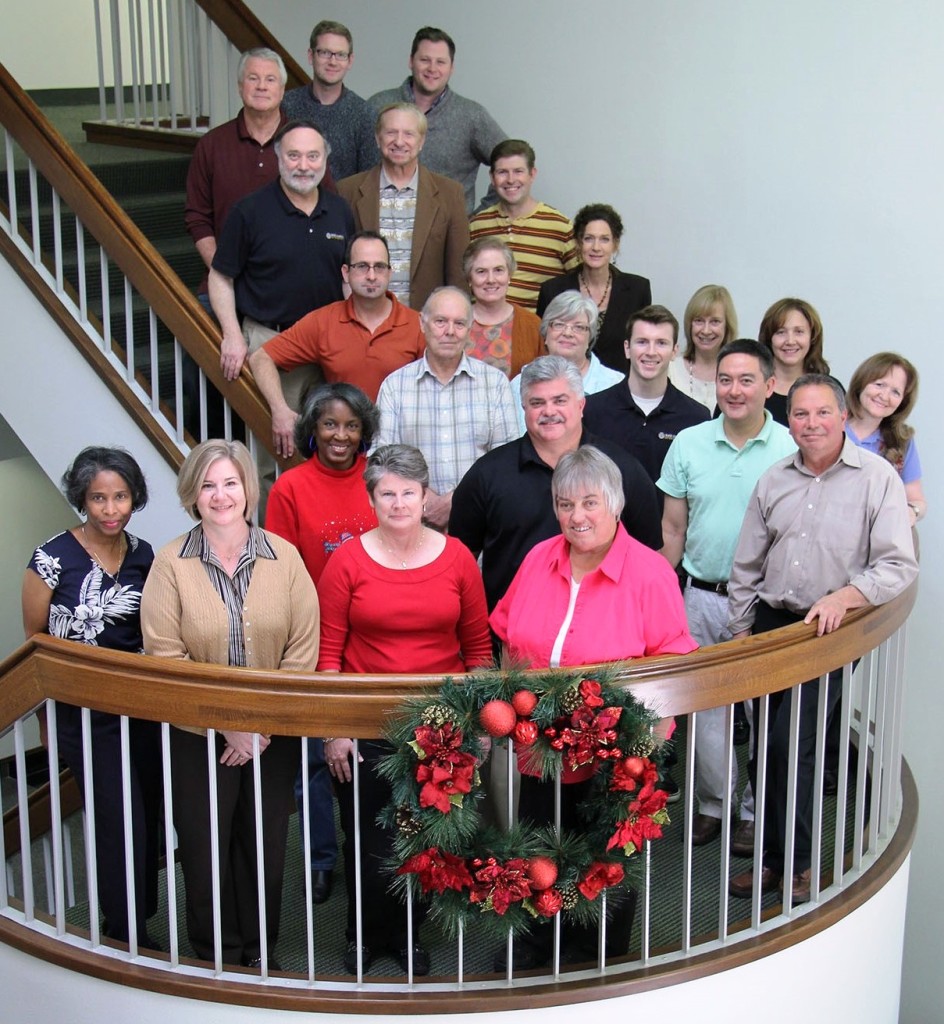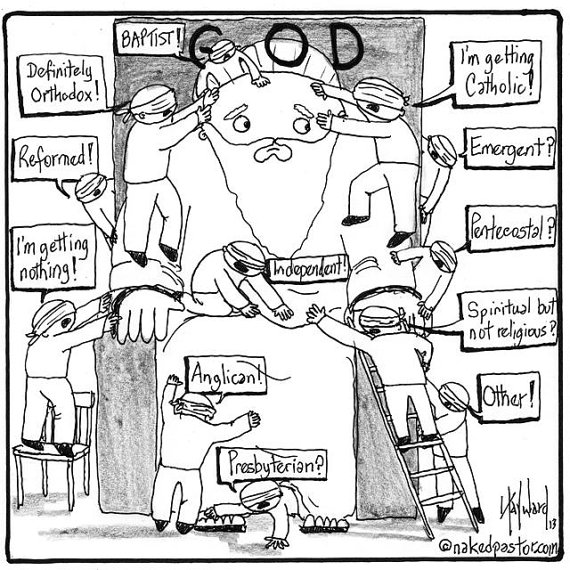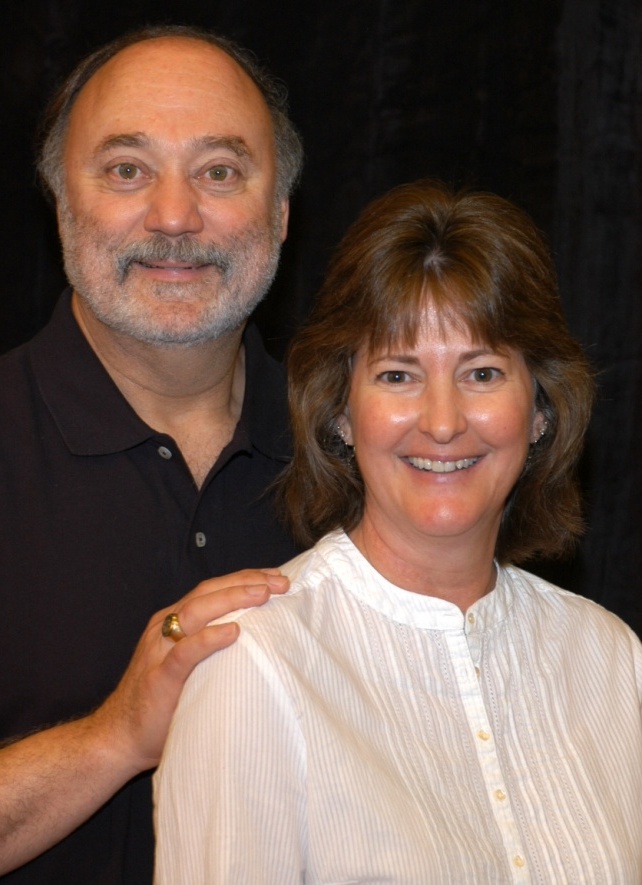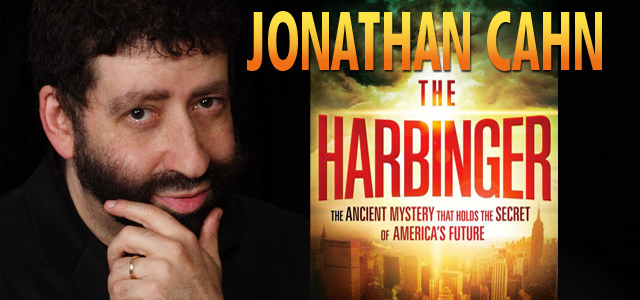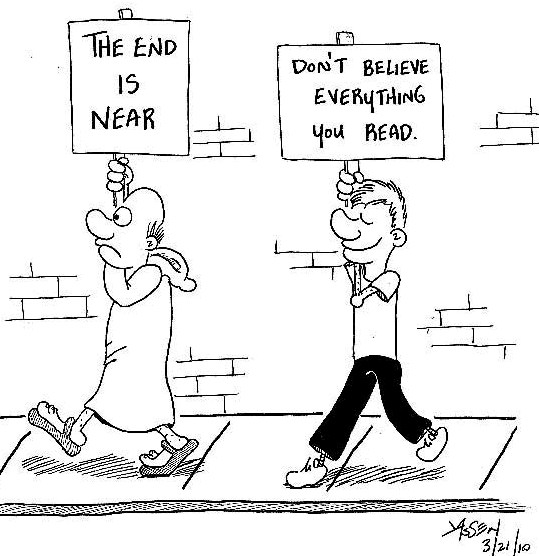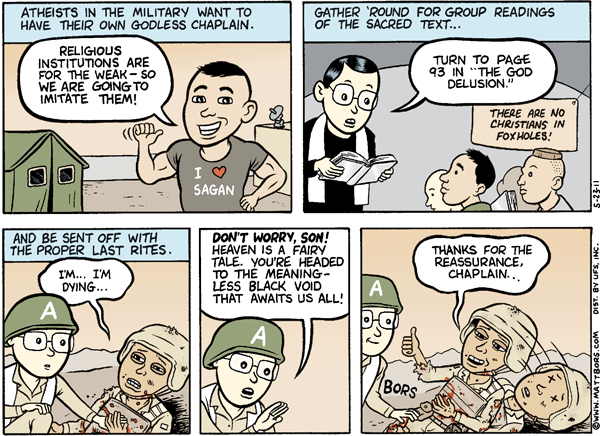Dear Brothers and Sisters in Christ,
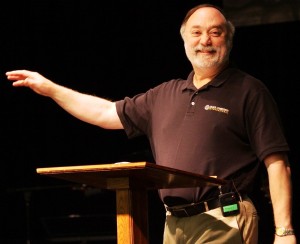 When I saw the picture of the two shops shown below, the song, “Lookin for Love (in all the wrong places)” came to mind. Depending on how they define the word “love,” a person entering either shop might be a bit embarrassed. Part of the problem is that our English word “love” covers a wide variety of meanings, depending on context. But that was not a problem in the Greek-speaking world of the first century. Their signs would have indicated that in one shop you would find eros and in the other you would find both filia and agape.
When I saw the picture of the two shops shown below, the song, “Lookin for Love (in all the wrong places)” came to mind. Depending on how they define the word “love,” a person entering either shop might be a bit embarrassed. Part of the problem is that our English word “love” covers a wide variety of meanings, depending on context. But that was not a problem in the Greek-speaking world of the first century. Their signs would have indicated that in one shop you would find eros and in the other you would find both filia and agape.

Eros speaks to romantic or sexual love and filia to brotherly love or friendship. Agape was a relatively unused word picked up by early Christians to speak of God’s kind of love shown especially in Jesus Christ. Agape is self-giving, perfecting love that is steadfast and faithful. Similar to the Hebrew word hesed, agape indicates God’s everlasting covenant love that is neither contractual nor conditional. Like a covenant promise, agape is freely given.
Had you walked into a first-century church looking for filia and agape, you might have been surprised to hear the preacher reading from a letter written by someone named Paul addressing the topic of law-keeping. Some in the congregation might be nodding in agreement while others are shaking their heads, shouting “No, no!”
The latter group holds a legalistic understanding of the Christian faith, grounded in a religious heritage that emphasized strict conformance to the ten commandments, with the Sabbath command being the ultimate test. To even hint that keeping the law of Moses was not God’s foremost demand for Christians would have sounded heretical to them. Their understanding of law-keeping was so ingrained that they would have dismissed any challenge to that view without giving it a fair hearing. Though they might not have put their hands over their ears or ripped their clothing (as Paul’s audiences sometimes did), many probably felt like doing so.
In his letter to the churches in Galatia, Paul explained that Christians are to fulfill the law of Christ, which is the law of love. That law is people-oriented rather than task-oriented—focused on relationships, not lists of rules (see Galatians 6:2). The law of Christ cannot be imposed according to an external written code because it is written on one’s heart by the Holy Spirit. A written code cannot encompass the law of Christ because that would mean doing the impossible: encompassing Christ himself—his whole heart, mind, purpose and wisdom.
Rather than a written code, the law of Christ is an internal principle that brings forth a life expressive of Jesus’ own “love, joy, peace, patience, kindness, goodness, faithfulness, gentleness and self-control.” Indeed, “against such things there is no law” (Galatians 5:22-23, ESV). The law of Christ arises out of a growing relationship of faith, hope and love with God through Christ Jesus and the working of his Holy Spirit within us.
While trying to explain this to Christians in Galatia, Paul became quite emotional. Some legalists with a Jewish background insisted that Gentiles must keep the law of Moses in order to be part of the new covenant people of God. Paul said “No!” and ended the third chapter of his letter by saying that Gentiles can inherit the promises of salvation without any need to keep the law of Moses.
For Paul, a Christian’s obligation is to love as God has loved us in Christ. Everything else is secondary—even the sacrosanct ritual of circumcision: “For in Christ Jesus neither circumcision nor uncircumcision has any value. The only thing that counts is faith expressing itself through love” (Galatians 5:6). Now Paul is really meddling! But he was unrepentant. His press secretary (if Paul had one), would no doubt have groaned as he added, “I wish those who unsettle you would castrate themselves!” (v. 12, NRSV). Other translations try to make this sound a bit nicer, but that is what Paul said.
I can appreciate Paul’s anger here. Legalism truly is “looking for love in all the wrong places”—it is a false holiness. Sadly, some don’t recognize or understand that. Legalism is the equivalent of not being able to see the difference between death and freedom. When we have freedom in Christ, the person we used to be is uprooted and torn out. In Christ, we live in newness of life; we are a new creation. Our nourishment comes from being rooted in Christ who accepts us where we are to grow us up into his perfection of holy loving. In Romans 13:8-10 (ESV), Paul summarized his understanding of what it means for a Christian to abandon legalism in order to obey the law of love:
Owe no one anything, except to love each other, for the one who loves another has fulfilled the law. For the commandments, “You shall not commit adultery, You shall not murder, You shall not steal, You shall not covet,” and any other commandment, are summed up in this word: “You shall love your neighbor as yourself.” Love does no wrong to a neighbor; therefore love is the fulfilling of the law.
Thankfully, God has allowed us to understand, so we can find and enjoy his love in “all the right places.”
Your brother in Christ,
Joseph Tkach

